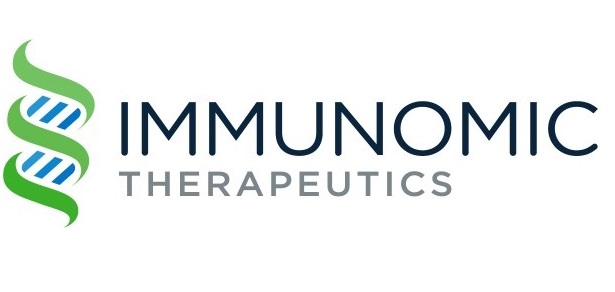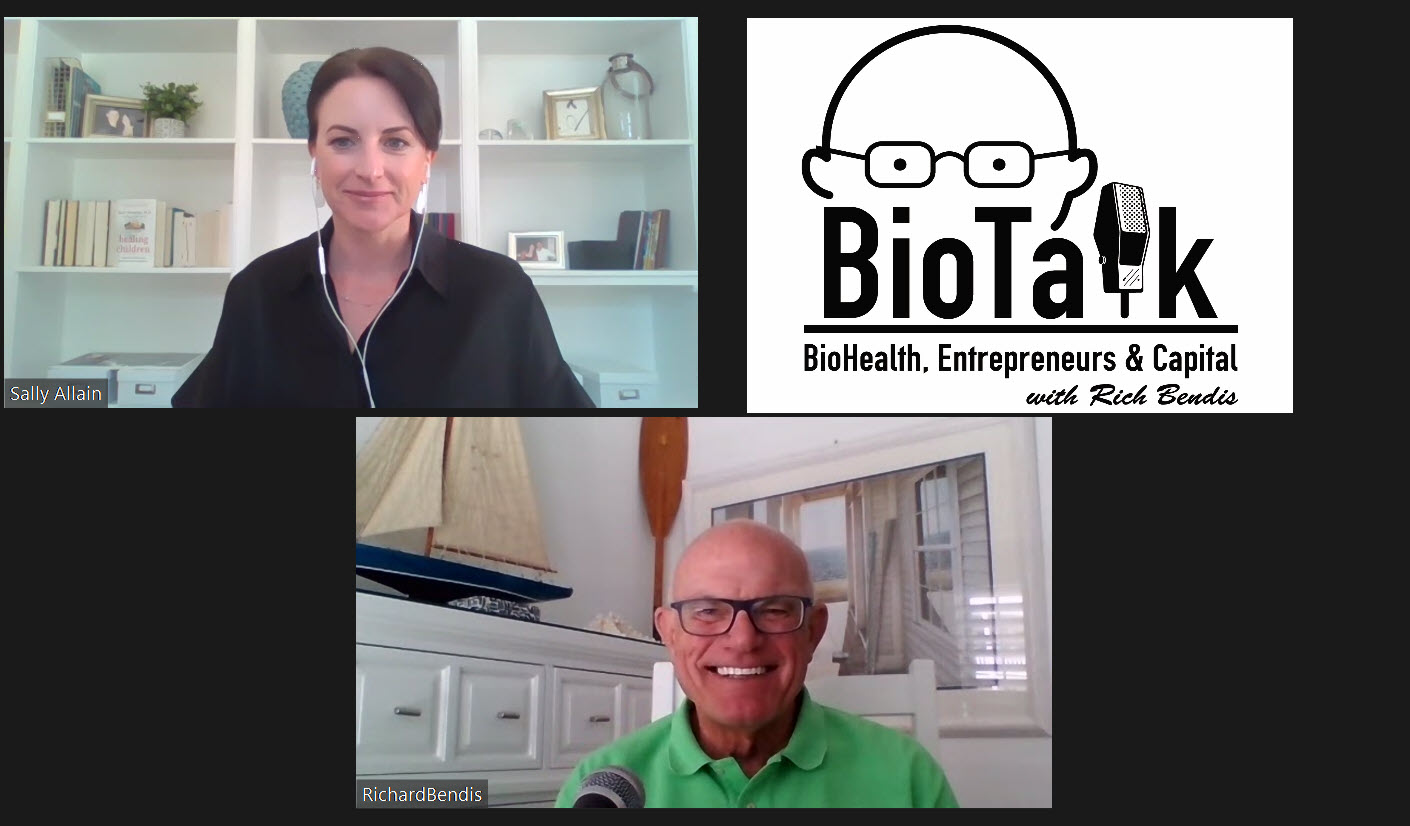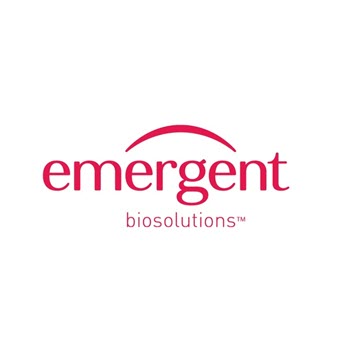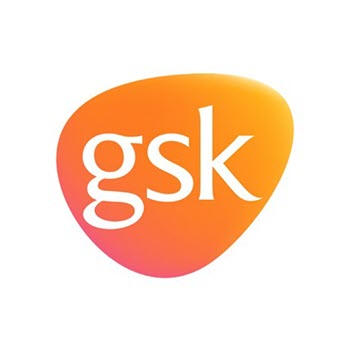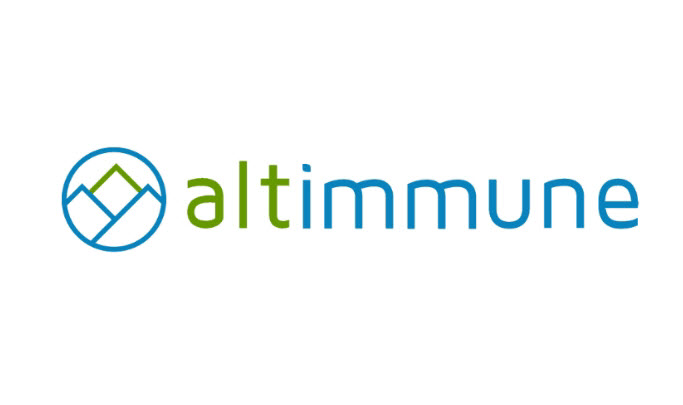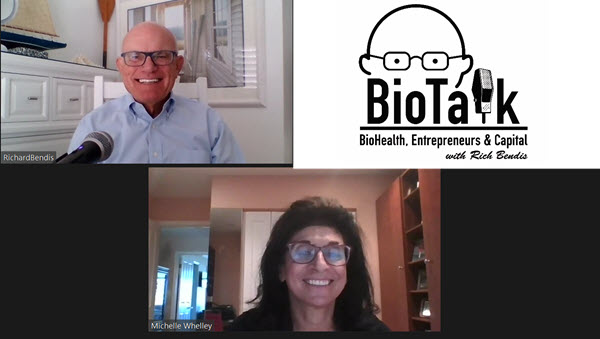Company anticipates first-in-human trials to start in Q4 2020
GAITHERSBURG, Md., Sept. 01, 2020 (GLOBE NEWSWIRE) — Altimmune, Inc. (Nasdaq: ALT), a clinical-stage biopharmaceutical company, today announced the successful completion of multiple dose toxicity and toxicokinetic studies of ALT-801, a GLP-1/glucagon dual receptor agonist for the treatment of NASH. The IND enabling studies were conducted in rats and cynomolgus monkeys. The Company believes the data provide clear validation of previously observed pharmacodynamic effects of the compound and pave the way for the anticipated Phase 1 single (SAD) and multiple ascending dose (MAD) clinical trials to start in Q4 2020, following the submission of a clinical trial application in Australia.
ALT-801 was well tolerated in both rats and cynomolgus monkeys and the no-observed-adverse-effect levels (NOAEL) in both species were at the highest doses tested. The most remarkable finding was significant weight loss versus the control groups in both species, which is an expected and desired property of ALT-801. Importantly, no evidence of significant GI toxicity or intolerability, including vomiting, was observed in the animals. GLP-1 receptor agonists and dual agonists that are approved or in clinical development have been associated with significant levels of nausea and vomiting and have typically required the use of dose-titration over several months. The observations from the recently completed toxicology studies suggest that ALT-801 can be expected to be well tolerated in humans and not require dose titration, potentially enabling higher levels of weight loss and liver fat reduction than existing GLP-1 receptor agonist based compounds.
The nonhuman primate data also showed an ALT-801 pharmacokinetic profile that is expected to support weekly dosing in humans. The Company believes that the proprietary EuPort™ modification on ALT-801 not only provides the longer half-life necessary for weekly dosing but also slows the rate of absorption of the compound into the bloodstream to avoid the tolerability issues typically associated with this class of agents. Based upon the successful completion of these preclinical toxicology studies, Altimmune plans to initiate first-in-human studies of ALT-801 in Q4 2020, with data readouts on safety, pharmacokinetics, and important measures of activity such as weight loss and liver fat reduction in the Spring of 2021.
“Currently there are no approved treatments for NASH, and disease prevalence is growing worldwide as a consequence of an expanding obesity epidemic. These data are right in line with our expectation for ALT-801 and provide additional confidence as we look forward to initiating the first-in-human studies later this year,” said Dr. Vipin K. Garg, Ph.D., President and Chief Executive Officer of Altimmune. Dr. Garg continued, “In addition to our significant efforts to develop a vaccine and a treatment for COVID-19, we are pleased to continue the development of other therapeutic candidates of importance to public health across our product portfolio.”
About ALT-801
ALT-801 is a potent, peptide-based therapeutic candidate with balanced agonist activity on the GLP-1 and glucagon (GCGR) receptors. ALT-801 is designed to treat the underlying metabolic dysfunction that leads to NASH, the most severe form of non-alcoholic fatty liver disease (NAFLD). NASH is considered by many to be the liver manifestation of metabolic syndrome and is characterized by abnormal accumulation of fat in the liver, toxic lipid metabolites, inflammation and liver cell damage leading to fibrosis/cirrhosis and liver cancer.
ALT-801 activates both the GLP-1 and the glucagon receptors, resulting in appetite suppression, decreased insulin insensitivity, increased energy expenditure, and substantial decreases in both liver and body fat in relevant animal models. ALT-801 has a similar mechanism of action to the body’s natural dual-acting hormone, oxyntomodulin, which lowers food intake, stimulates energy expenditure and reduces body weight. ALT-801 is designed to achieve glycemic control comparable to or better than the approved GLP-1 agonists but with more robust weight loss with once-weekly subcutaneous dosing.
ALT-801 demonstrated better outcome measures in comparison to semaglutide (an approved GLP-1 receptor agonist) in the Gubra/Amylin biopsy-proven, diet-induced mouse model of NASH. During a 12-week study, treatment with ALT-801 rapidly returned body weight to the range of lean normal animals. Histology revealed a near complete absence of liver steatosis, lobular inflammation and ballooning, as well as a significant reduction of fibrosis. Semaglutide showed only a modest body weight loss and a mild decrease in hepatosteatosis. ALT-801 also resulted in greater suppression of genes involved in de novo lipogenesis and fatty acid uptake, inflammation, hepatocellular death, and fibrosis.
About Altimmune
Altimmune is a clinical stage biopharmaceutical company focused on developing intranasal vaccines, immune modulating therapies and treatments for liver disease. Our diverse pipeline includes proprietary intranasal vaccines for COVID-19 (AdCOVID™), anthrax (NasoShield™) and influenza (NasoVAX™); an intranasal immune modulating therapeutic for COVID-19 (T-COVID™); and next generation peptide therapeutics for NASH (ALT-801) and chronic hepatitis B (HepTcell™). For more information on Altimmune, please visit www.altimmune.com.
Forward-Looking Statement
Any statements made in this press release relating to future financial or business performance, conditions, plans, prospects, trends, or strategies and other financial and business matters, including without limitation, the timing of key milestones for our clinical assets, the initiation and timing of the ALT-801 Phase 1 clinical trial in Q4 2020, its enrollment and the timing of the data readout expected in the spring of 2021, our ability to manufacture ALT-801, and the prospects for regulatory approval, commercializing or selling any product or drug candidates, are forward-looking statements within the meaning of the Private Securities Litigation Reform Act of 1995. In addition, when or if used in this press release, the words “may,” “could,” “should,” “anticipate,” “believe,” “estimate,” “expect,” “intend,” “plan,” “predict” and similar expressions and their variants, as they relate to Altimmune, Inc. (the “Company”) may identify forward-looking statements. The Company cautions that these forward-looking statements are subject to numerous assumptions, risks, and uncertainties, which change over time. Important factors that may cause actual results to differ materially from the results discussed in the forward looking statements or historical experience include risks and uncertainties, including risks relating to: potential impacts due to the COVID-19 pandemic such as delays in regulatory review, manufacturing and supply chain interruptions, access to clinical sites, adverse effects on healthcare systems and disruption of the global economy the reliability of the results of studies relating to human safety and possible adverse effects resulting from the administration of the Company’s product candidates; the Company’s ability to secure regulatory approval for its ALT-801 investigational new drug application submission to the U.S. Food and Drug Administration, the Company’s ability to manufacture clinical trial materials on the timelines anticipated; and the success of future product advancements, including the success of future clinical trials. Further information on the factors and risks that could affect the Company’s business, financial conditions and results of operations are contained in the Company’s filings with the U.S. Securities and Exchange Commission, including under the heading “Risk Factors” in the Company’s annual report on Form 10-K for the fiscal year ended December 31, 2019 and quarterly report on Form 10-Q for the quarter ended March 31, 2020 filed with the SEC, which are available at www.sec.gov.
